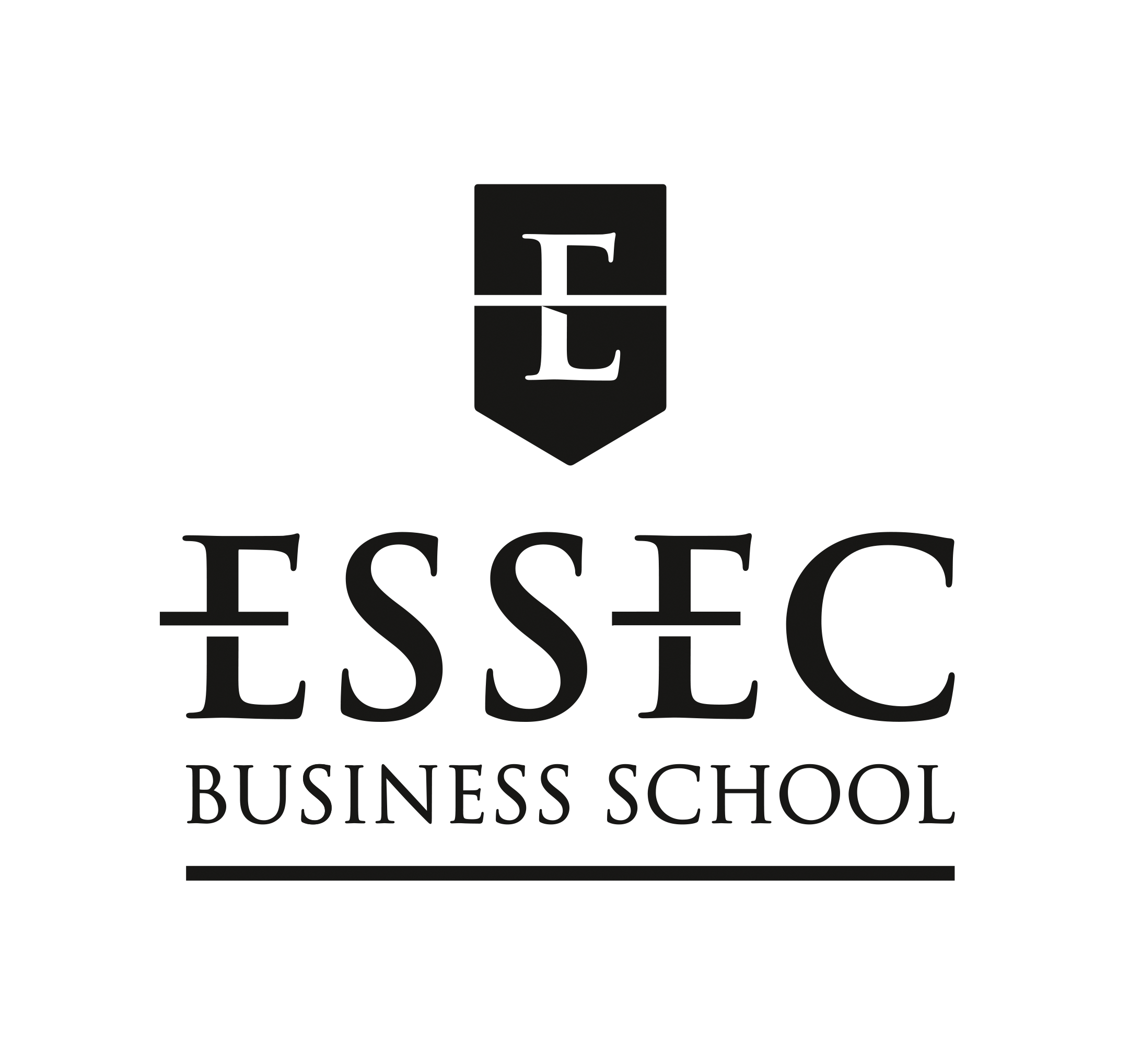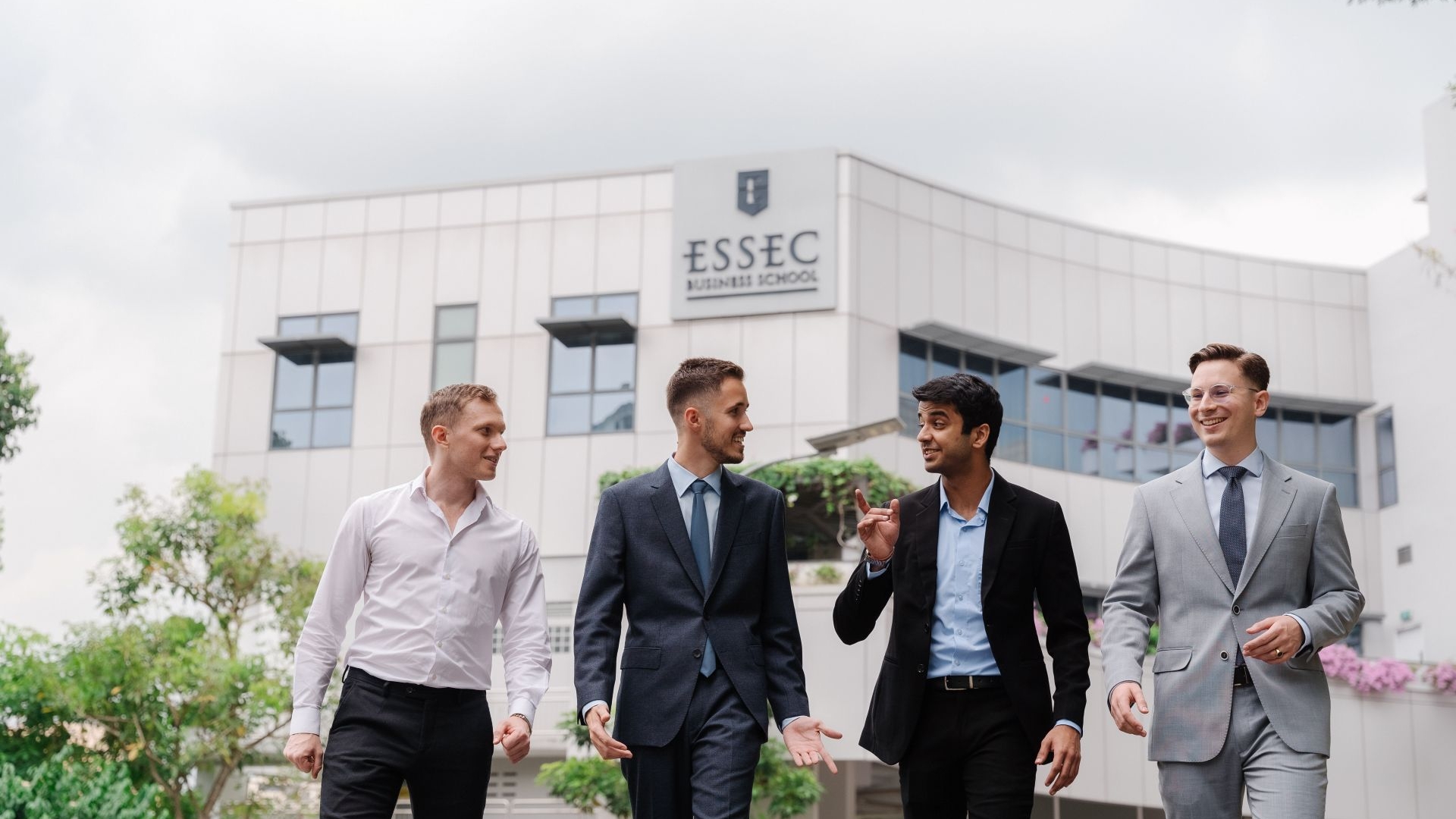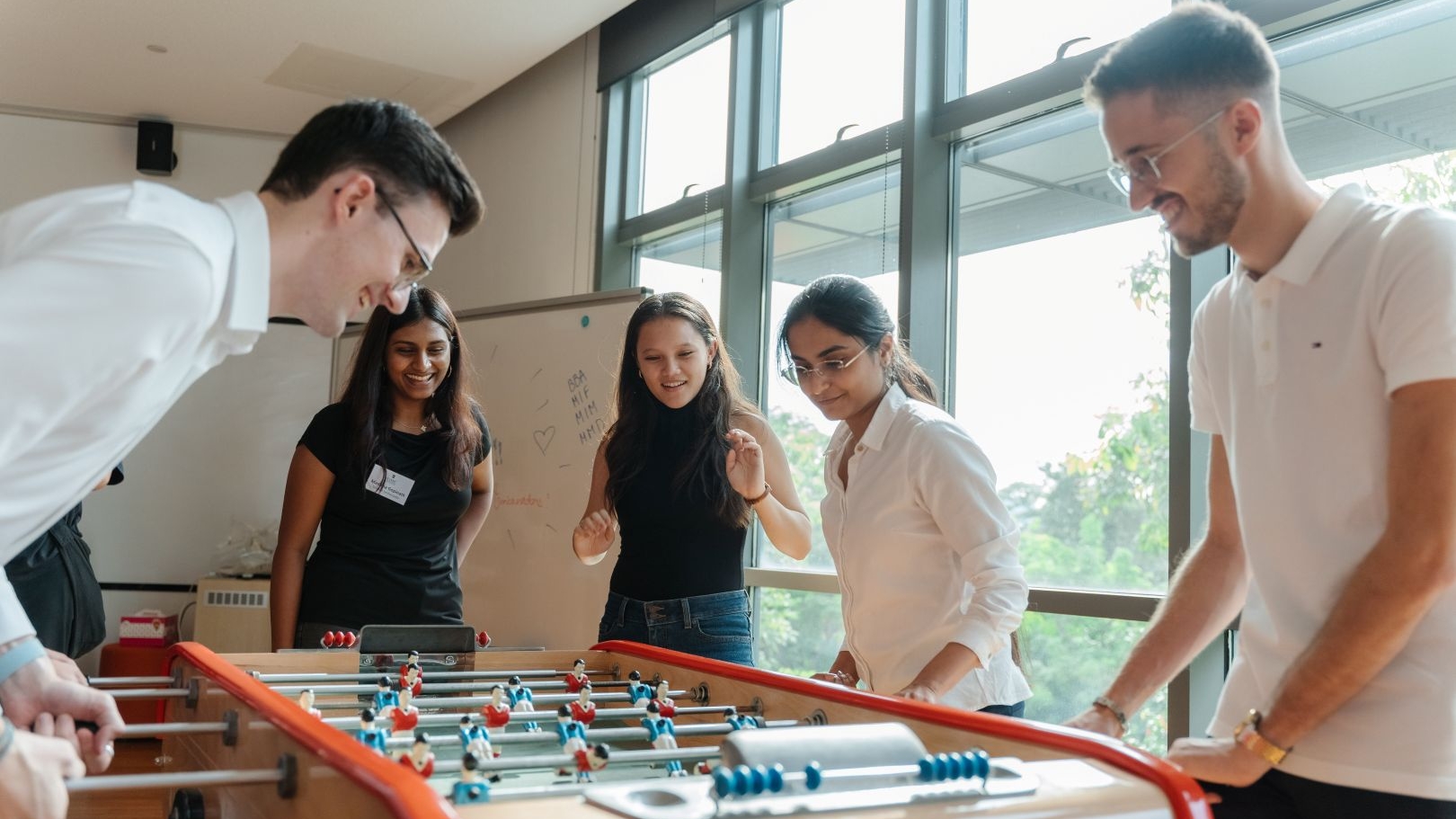- Southeast Asian students share how intercampus mobility and exchange programs provide a global experience.
- Work attachments help develop both interests and character.
- Asia-Pacific community is vibrant and close-knit.
The opportunity to travel and explore new cultures while completing an undergraduate degree may appeal to many.
Still, for those fresh out of high school, the excitement can be tempered by costs and the fears of living far away from home.
This is perhaps why, after graduating from SMA Kristen Petra 2 Surabaya, Priscilla Ayleen took the leap to join ESSEC Business School’s Global Bachelor in Business Administration (GBBA) program, and many of her peers opted to remain in Indonesia for their undergraduate studies.
Her classmate Hiba Nizami notes that the sentences are similar to those of people growing up in Singapore.
Having lived in Singapore and studied at the Global Indian International School, she explains: “I think a big concern would be leaving our families and the safety of our country to start a new chapter overseas.”
For those with these concerns, ESSEC Business School offers a solution.
Gaining the Best of Both Worlds
Southeast Asian students accepted to the GBBA program can choose to start their journey at the Singapore campus—a short car ride or flight away from home.
Intercampus mobility means they can spend a semester at the ESSEC France or Morocco campuses. As ESSEC has exchange programs with over 175 partner universities across the globe, there are plenty of opportunities to travel and see the world when they are ready.
“I chose ESSEC because this would give me the best of both worlds—being close to home and being able to travel,” Hiba, who is entering her second year at ESSEC, shares.
She adds that the international experience is amplified by ESSEC’s diverse student body. For example, one of her first few projects saw her work with people from France and Russia and learn volumes about their different cultures in the process.
“I believe this is important because, in the globalized world, we need to be able to work with people from different countries,” she says.
Testament to this, Zachary Tan, an ESSEC GBBA alumni from the class of 2021, has found the skills gained at ESSEC invaluable to his career as a data consultant at Dubai-based firm Artefact, where he needs to work with different nationalities.
“At ESSEC, there is a lot of emphasis on learning about different countries. This is reflected in all of our classes—from economics, marketing, and even communication,” the Singaporean Anglo-Chinese School (Independent) alumnus shares, adding that this exposure led to his decision to work overseas.
“I gained a much greater appreciation for different cultures, realized that there is just so much to explore and experience out there in the world, and didn’t want to limit myself to living in the same country I grew up in,” he explains.
Developing a Sense of Self
Like Zachary, Hiba and Priscilla have found their time at ESSEC Asia-Pacific to be one of self-discovery.
This is partly because of the emphasis on group work and presentations, which have boosted Hiba’s confidence and ability to articulate her ideas and thoughts.
But it is also because of the school’s emphasis on gaining work experience and the requirement for students to take three internships before graduation.
“I think it is a unique feature and huge benefit that, as an ESSEC student, I can take on a paid internship and part-time job,” Priscilla says.
While Hiba used her first internship to learn more about marketing, she seized the opportunity to explore the hospitality industry as an F&B intern at a luxury hotel, Sofitel.
She also found work as a barista to supplement her pocket money—and, in the process, honed her skills in time management and communication.
“I’m still figuring out what I want to do in the future, so these experiences are helping me get to know myself better as I discover what I enjoy doing,” she shares.
Building Community and Connections
But their favorite thing about ESSEC Asia-Pacific? The small cohort size.
“The community is close-knit, and it’s possible to get to know almost everyone,” Priscilla enthuses. Hiba agrees, noting that in just one year on campus, she has developed meaningful relationships with her peers and professors.
Despite the intimate campus size, there is also an abundance of student life activities.
While Hiba fondly recalls being able to host and perform on stage at a student talent night, Priscilla is full of stories about her time dragon boating and visiting popular local food spots with her peers.
“My advice is to come to ESSEC if you want to move outside of your comfort zone, take a hands-on approach to learning, and see what the world has to offer,” Zachary declares. After all, for those in Southeast Asia, the campus is close enough to home and brings experiences that hit home in all aspects of one’s professional and personal lives.
RELATED POSTS
Stepping Out Of Your Comfort Zone: Why It Matters At Business School
How embracing new challenges accelerates personal and professional growth.
From Singapore to the World: Navigating Your Global Career Path
Beyond a degree, ESSEC Asia-Pacific is your launchpad for a truly global career, equipping you with a powerful international network of 71,000 alumni…
How ESSEC Asia-Pacific Builds A Sense Of Community
From orientation to cultural nights — how students feel supported and included.
Making Friends Across Cultures: Lessons From A Diverse Classroom
Stories and tips on navigating intercultural friendships at ESSEC Asia-Pacific.
Your Global Network Starts Now: Why ESSEC Friendships Matter
Beyond the classroom, discover how ESSEC Asia-Pacific cultivates a strong sense of belonging and community for international students, leading to…
How Studying In Asia Changed My Worldview
Reflections from an ESSEC Asia-Pacific international student.








